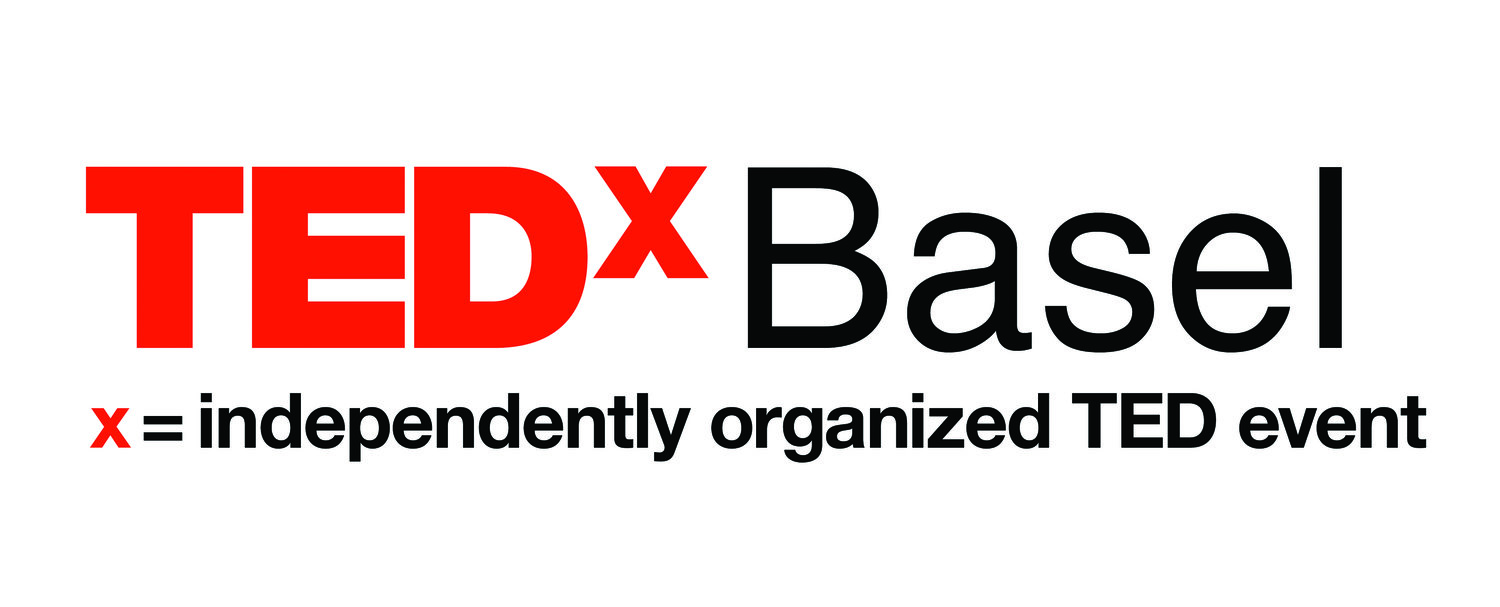TED's 31 days of Ideas - Day 24: Can a medical school save the world?
/Can a medical school save the world?
By Nassim Assefi
As the Gregorian New Year approaches, many of us make resolutions to live healthier lives. On a grander scale, the World Health Organization has been aspiring to improve the health of all nations for the past three decades, and every UN Member State (including the US) has agreed to try to achieve universal health coverage by 2030 as part of the Sustainable Development Goals.
One poor country has stood out in its commitment to achieving excellent health for all of its citizens, despite its limited budget. This country has been so successful that it's now working in solidarity with other countries that have struggled with their desire to provide health care to their own people. That country is Cuba, which deserves to be known not only for its rum, cigars and beautiful beaches but also for its public health triumphs.
Part of Cuba's health legacy is that it has created the world's largest medical school, the Latin American Medical School (known by its Spanish acronym, ELAM). Since opening its doors in 1998, ELAM has trained nearly 25,000 doctors from more than 100 countries in the Global South, mostly on full scholarship, and those graduates vow to return to their countries of origin to serve their own communities after receiving an excellent medical education.
The concept of a medical school serving the world captivated my attention, as TEDMED's former curatorial director and as a global health physician who has done missions in post-war countries and in places that have experienced natural disasters. Gail Reed -- an American journalist based in Havana for nearly four decades and a founding director of MEDICC, a US-based nongovernmental health organization that uses health innovation from Cuba to inspire health equity worldwide -- told the riveting story of ELAM in her TED Talk, "Where to train the world’s doctors? Cuba."
Gail's talk literally changed my life: This year, I left TEDMED to lead the nonprofit organization she founded. Imagine if Cuba's Latin American Medical School could be replicated on every continent to prepare physicians to meet the basic health needs of millions of people! It reminds me of Fred Swaniker's generous, expansive vision for the African Leadership Academy in Johannesburg.
In these times of growing nationalism and xenophobia, Cuba's global health solidarity with the world -- not only training doctors from the Global South but also sending brigades of health providers to serve after natural and humanitarian disasters, and sometimes even supplying countries with a significant primary care workforce (for example in Bolivia, Brazil, Haiti and Venezuela) -- provides a hopeful counterexample. My global wish for 2017 is that we study and adapt best practices from all corners of the world, that we open our eyes to innovation beyond the wealthy, White, Western context.


